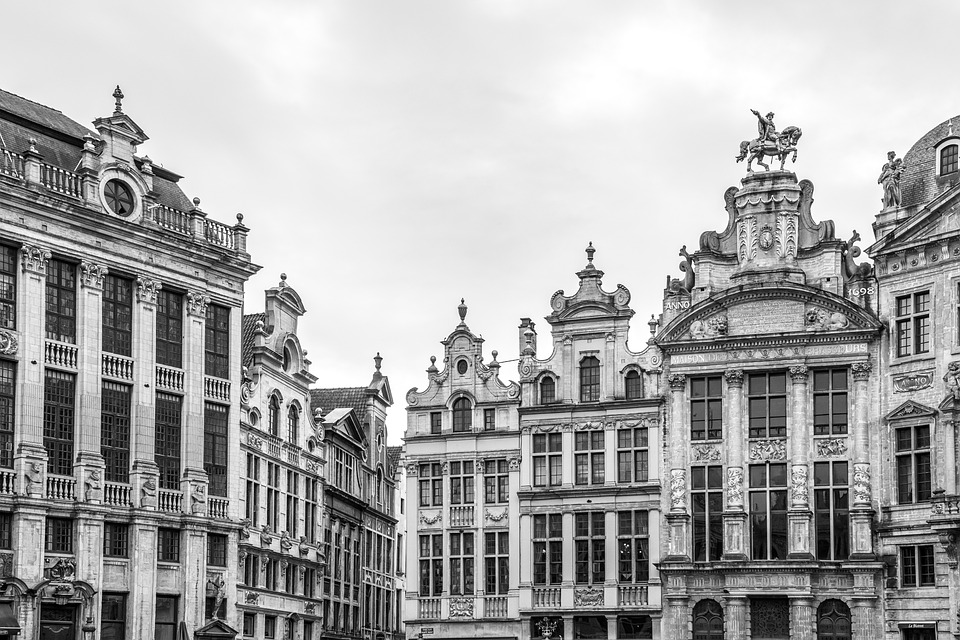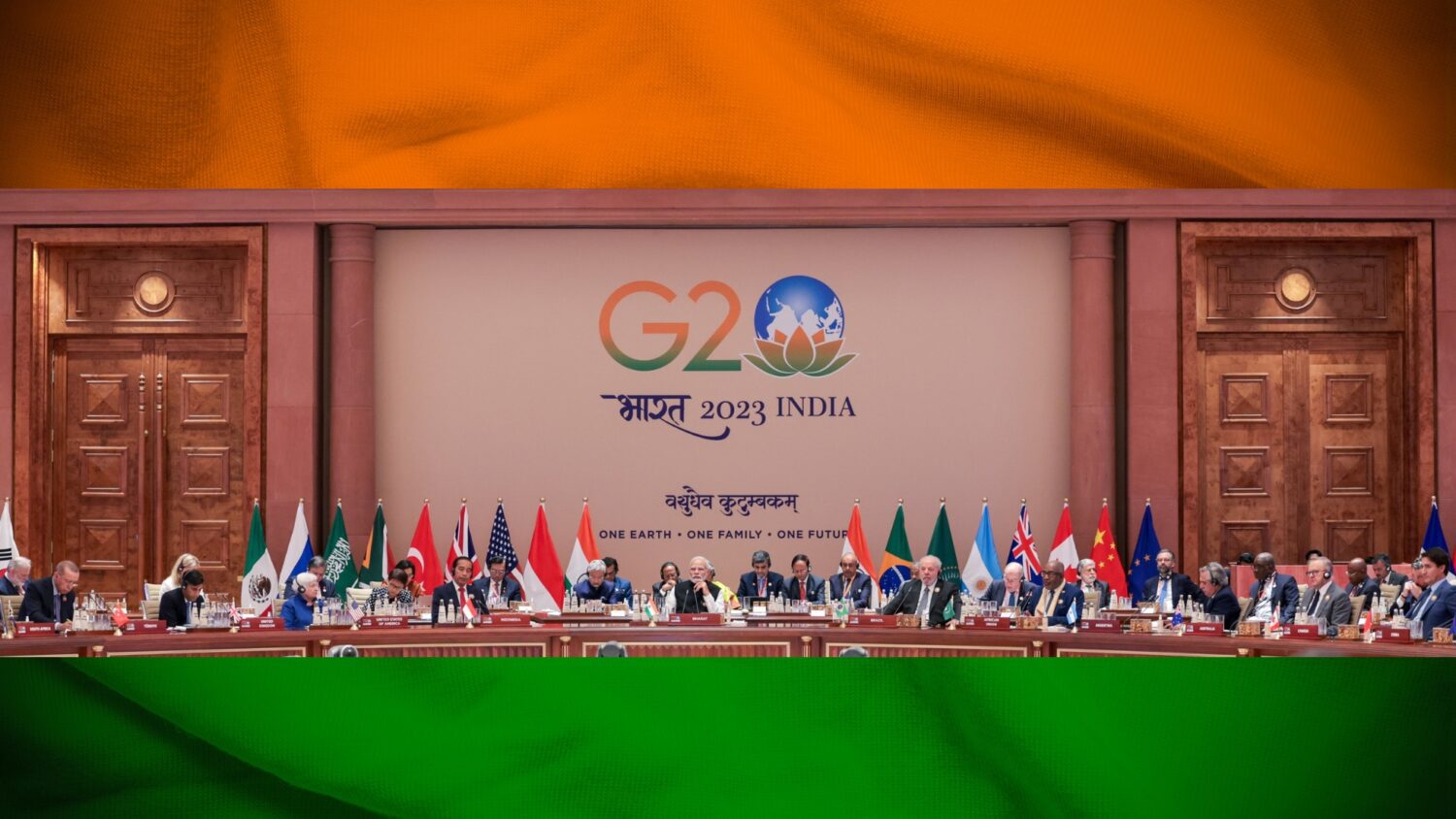GN Saibaba, a former English professor at Delhi University, was arrested in 2014 and accused of links to banned Maoist groups, according to media reports.
He was sentenced to life imprisonment three years later for multiple offences under the country’s Unlawful Activities Prevention Act.
‘Shameful’ detention
“GN Saibaba is a long-standing defender of the rights of minorities in India, including the Dalit and Adivasi people,” said Mary Lawlor, UN Special Rapporteur on the situation of human rights defenders.
“His continued detention is shameful. It bears all the hallmarks of a State seeking to silence a critical voice,” she added.
UN human rights experts have repeatedly raised grave concerns about the prosecution of Mr. Saibaba, who has suffered from a spinal disorder and polio since childhood and uses a wheelchair.
His detention was declared arbitrary by the UN Working Group on Arbitrary Detention in an opinion issued in 2021.
Detention and health concerns
Ms. Lawlor noted that apart from two short periods of being granted bail, he has been held in Nagpur Central Jail since his initial arrest and detention. She said his condition in prison is a matter of serious concern.
“Mr. Saibaba has been detained in a high security ‘anda barracks’ in conditions incompatible with his status as a wheelchair user,” she said. “His 8×10 feet cell has no window and one wall made of iron bars, exposing him to extreme weather, especially in the scorching summer heat.”
The rights expert also expressed concern for his health, which has severely deteriorated in detention, and advocated for his release.
“States have an obligation to uphold the right to health of prisoners and detainees and ensure their dignity as human beings. Prison authorities must ensure that prisoners with disabilities are not discriminated against, including by ensuring accessibility and providing reasonable accommodation,” said Ms. Lawlor.
About UN Rapporteurs
Special Rapporteurs are appointed by the UN Human Rights Council to monitor and report on specific country situations or thematic issues.
They serve in their individual capacity and are independent of any Government or organization.
These experts are not UN staff and they are not paid for their work.














